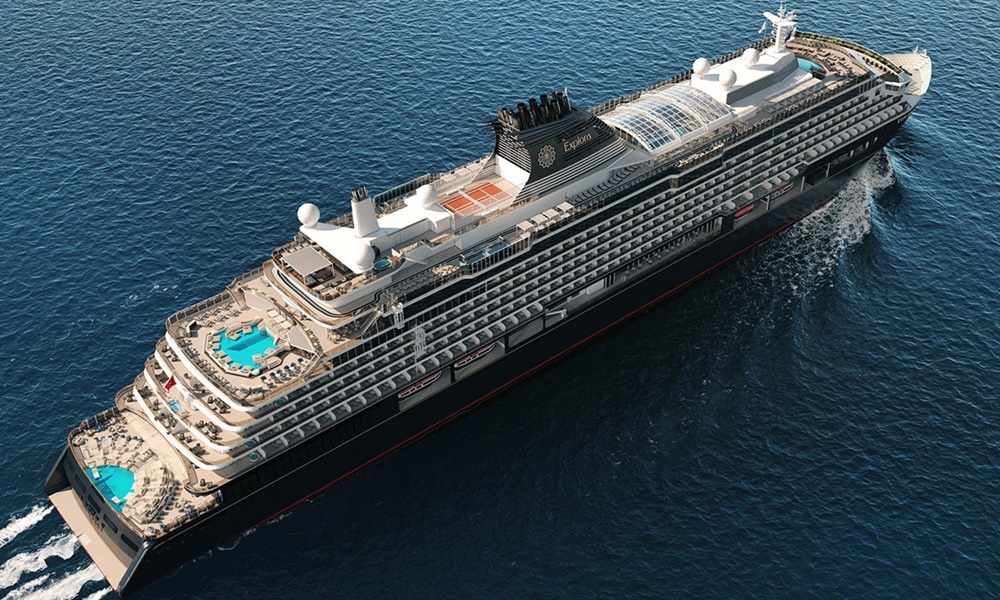DNV reported it had awarded the Norwegian technology provider HAV Group preliminary approval for a hydrogen-based energy system.
The approval meant that HAV Group could enter the final design stage and was one step closer to commercializing its hydrogen system.
DNV worked with the technology companies for the development of a system using liquefied hydrogen storage and fuel cells. It was created as part of the FreeCO2ast project, currently developing a high-capacity hydrogen energy system that can be retrofitted on 2 Norwegian coastal cruiseferries owned by Havila Kystruten.
Havila is among the pioneers seeking new energy technologies. The company is building 4 cruisers for operation along Norway's coastal route Bergen-Kirkenes (Arctic). The first 2 vessels, Havila Capella and Havila Castor became the first coastal cruise ships powered by LNG-liquified natural gas and batteries. Havila promotes the battery pack as the world's largest with a capacity of 6.1-megawatt-hours (MWh), meaning it can operate for up to 4 hours solely on its batteries. On June 2, Havila Castor became the first-ever cruise ship to sail into Geirangerfjord purely on battery power 4 years ahead of the commitment of the Norwegian government to limit entry into the world heritage site to zero-emission ships.
Havila is among several cruise companies working on hydrogen fuel cell technologies. For several years Viking Cruises has been mentioning hydrogen power, while MSC’s Explora Journeys was recently reported planning a hydrogen fuel cell-powered vessel. Bigger passenger liners, including those at RCG-Royal Caribbean Group and MSC Group, also explore fuel cell technologies.

DNV says green hydrogen could play a major role in the decarbonization of shipping, both "in terms of its potential as an enabler for synthetic fuels," as well as its "direct use as ship fuel." Hydrogen’s unique properties however make it a complex fuel to work with. The lack of prescriptive regulations means that companies that wish to launch hydrogen systems have to follow the IMO guidelines on an alternative design.